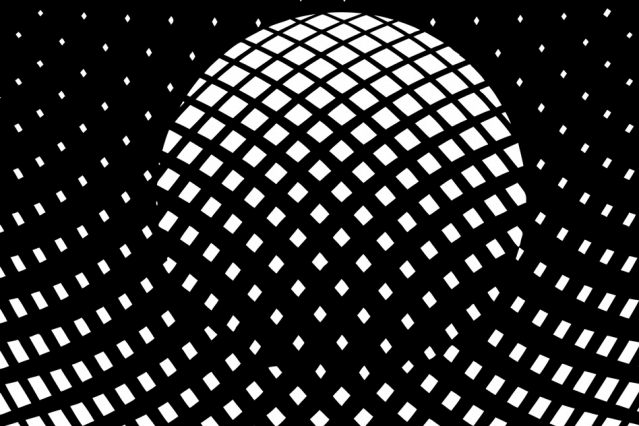The multimode collaborative work `Non-gaussianity as a Signature of a Quantum Theory of Gravity’ between Hong Kong, Aix-Marseille and Oxford you, lead by Richard Howl and with the participation of Marios Christodoulou, Carlo Rovelli and Vlatko Vedral, has been published in PRX Quantum. Below is an accessible to the non-specialist summary.
For over a hundred years, physicists have struggled to determine how our best theory for gravity, general relativity, and our best theory for matter at microscopic scales, quantum theory, can be reconciled into an overarching theory of nature called quantum gravity. A central problem in guiding progress in quantum gravity is the to date complete lack of experimental evidence, even evidence confirming the need for the very existence of such a theory is lacking. This is due to the difficulty of devising such experiments that are within reach of foreseeable technological capabilities. Surprisingly, computer science, and in particular information theory, seems to hold the keys to make quantum gravity an experimental science. In a collaboration between experts in quantum computing theory, quantum gravity theory, and experimentalists working with an exotic form of matter called a Bose-Einstein condensate, we propose a way to test in the lab that indeed gravity obeys quantum mechanics. The idea relies on demonstrating that a collection of atoms cooled near to absolute zero such that they behave as a single big atom large enough to feel its own gravity, will display a property called `non gaussianity’ that has been recently understood to be a crucial resource for making superfast quantum computers in the future. This experimental test is simpler than previous recent proposals also aiming to show that gravity obeys quantum mechanics, thus, potentially expediting the delivery of the first evidence that quantum gravity does exist. Tantalisingly, this experiment would connect with the philosophical idea that the universe is behaving as an immense quantum computer that is calculating itself, by demonstrating that the quantum fluctuations of spacetime are a vast and powerful natural resource for quantum computation.
